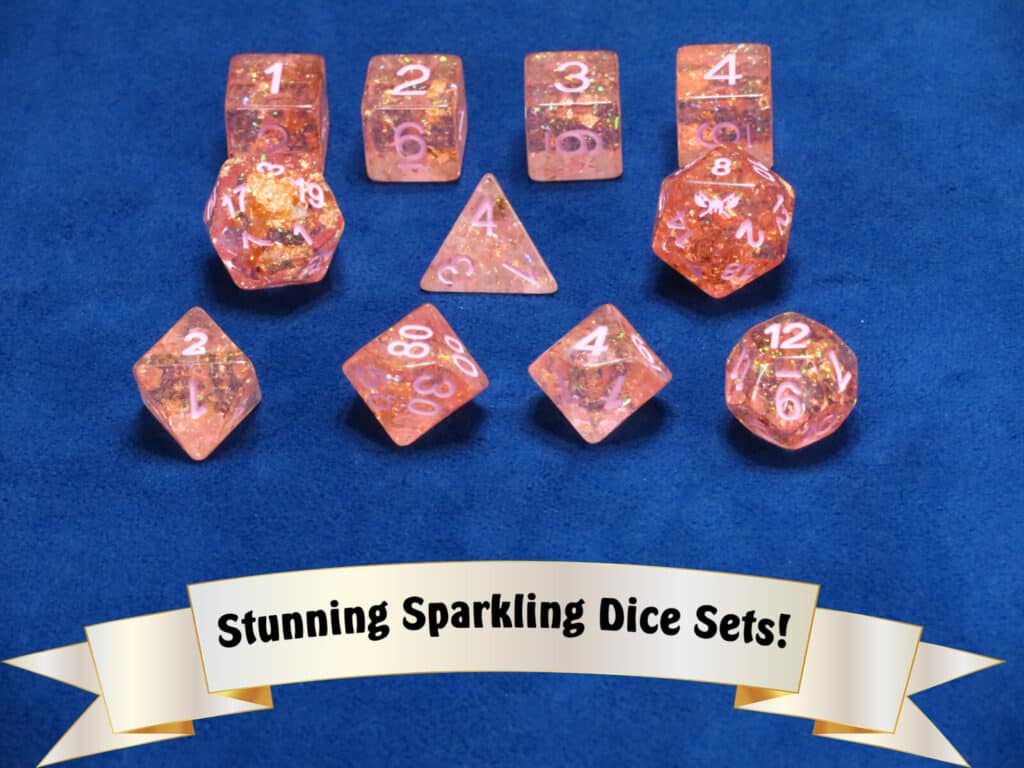Expertise is something that occasionally comes up when building characters, or leveling them up, especially with new characters. There can sometimes even be confusion over expertise versus proficiency. While these two things are definitely related, they aren’t the same thing, as any experienced Rogue or Bard player can tell you.
Expertise is a specialty class feature for Bards and Rogues that allow a player to double their proficiency bonus for one skill they are proficient in. The Skill Expert and Prodigy feats are the only way for non-bard and non-rogue players to acquire expertise.
Expertise gives a character the ability to become incredibly strong in one proficient skill, doubling their proficiency bonus for that skill. That is incredibly powerful and part of the reason that rogues and bards have a reputation of being so unstoppable at what they each do, respectively.

5E: What Is Proficiency?
Proficiency is any skill your character is trained up in. These are skills that don’t just get an ability score bonus from the appropriate ability score the skill is tied to, but also have more added in addition to that bonus.
The proficiency bonus a player receives to those skills is based on the player’s total level, not class level. That means a bonus of +2 to +6 gets added to any skills a player is proficient in for skill checks in addition to the natural bonus that comes from ability score bonuses.
So as an example:
Let’s say a Level 10 ranger with an 18 Dexterity is proficient in Stealth (one Dex-based skill) but not Sleight of Hand (a more roguish Dex-based skill). Both skills are tied to Dexterity, so both get the +4 ability score bonus because of the Ranger’s high Dex score.
- The bonus for Sleight of Hand would be +4 on the roll.
- Since the Ranger is proficient in Stealth, and the proficiency bonus at level 10 is +4, they would add +8 to the Stealth roll (+4 from proficiency and +4 from Dex score bonus).
- If this was a DnD One Ranger that had expertise the +4 proficiency might be +8 if they chose Stealth as their Expertise skill, and that would mean a +12 to the stealth roll.
A good way to think of it is this:
- The ability score bonus is natural ability translating into a related skill
- Proficiency is training to competence at a particular skill
- Expertise is the result of devoted endless practice to become elite at a skill (the difference between a starting high school athlete vs a professional)
Proficiency is that extra bit of time or training that makes a character better at certain skills and as they become stronger and more experienced heroes overall, the proficiency scales along with them, which makes sense. After all, you should be better at a job, skill, or hobby in year three or five as opposed to year one.
Proficiency Bonus Tables:
| Player Levels | Proficiency Bonus (Added to Proficient Skills) | Proficiency Bonus with Expertise |
|---|---|---|
| 1-4 | +2 | +4 |
| 5-8 | +3 | +6 |
| 9-12 | +4 | +8 |
| 13-16 | +5 | +10 |
| 17-20 | +6 | +12 |
Proficiency is a powerful bonus to individual skills that scales up with the player whether they multi-class or not, which is part of the reason feats like the skilled feat, or other feats that give additional skills, are so powerful.

5E: What Is Expertise?
Expertise would be what you consider “next level” proficiency. Instead of taking the normal proficiency bonus with a skill you’re proficient in, if you have expertise in a skill you take DOUBLE the proficiency bonus.
This is what allows a character build to become extremely powerful in a very into one skill. Rangers and Rogues can double their stealth bonus, for example, leading to being nearly impossible to perceive. Bards love to double down on persuasion and/or deception to make them near impossible to say no to.
Perception is always a good take, to make sure nothing escapes your hawk-like eyes.

This is also why even those with expertise get less of it than proficiency. Bards get to be proficient in two skills at Level 3, and two more at Level 10, for example. Rogues get expertise at Level 1 and Level 6 and can choose two skill proficiencies each level, or 1 + double their proficiency with Thieves’ Tools.
The Prodigy and Skill Expert feats only grant expertise to one skill, showing just how powerful expertise is, and also showing why Bards and Rogues are specialists that tend to be absolute masters at what they do.
Proficiency Vs Expertise
Proficiency is the basis of expertise, however the two are different. Proficiency is simply the bonus added from total character levels, and this bonus is still very important. Proficiency is strong because a +2 or +3 at low levels can easily mean the difference between winning and losing. At +6 at high levels that’s simply a +6 which is always strong.
Expertise makes a +12 possible at high levels, and since that’s usually with a skill attached to an ability score you maxed out for a +5 (or more) bonus on that, that’s a +17.
Which is insane. It’s also how you get a +46 stealth as a Ranger thanks to pass without a trace and a 19 roll on a d20. Or to quote our DM when that happened once: “You don’t even know if you exist anymore.”
Expertise is the next level of proficiency, and an incredible feature that is only available to rogues, bards, and in limited amounts via one of two feats from the canon books.
How To Gain Expertise in 5E D&D
In 5E DnD there are only four ways to gain expertise, and some early hints that there will be a couple more in DnD One. As it currently sits expertise is (as would be expected) a specialty trait and therefore limited.
To gain expertise in 5E DnD you must:
- Take at least one level in Rogue (rogues gain expertise right away at level 1)
- Take at least three levels in Bard (bards gain expertise at level 3)
- Take the Skill Expert feat from Tasha’s Guide to Everything
- Take the Prodigy Feat from Xanathar’s Cauldron of Everything as a half-elf, half-orc, or other “half” race in DnD
Those are the only ways to gain expertise, which can not be doubled up,
The early Unearthed Arcana suggests that the “Expert Classes” will be expanded from just Bards and Rogues to include Rangers and Artificers in DnD One, which would open up those classes as options to play or multi-class into and also acquire expertise, a move that actually makes a lot of sense, in my opinion.
5E Expertise: Some Final Thoughts
Expertise is an incredible features in 5th Edition D&D and a very powerful one at that. Rumor has it that in the upcoming D&D One (aka DnD 5.5 or DnD 6E, depending on how you look at it), there will be 4 “Expert” classes hat this will be based around and it’s likely based on the fact that both feats that expanded expertise in 5E were in later core books, that feats will come out for DnD One that will also open up the door for others to pick up expertise.
Expertise is a really cool mechanic, and it’s not one to sleep on. This makes rogues and bards powerful very quickly and offers other builds a chance to take one skill and just go whole hog on it.
This is one of the cooler mechanics in 5E and is one that I hope players fully explore and enjoy.
Other DnD Articles You May Love
- When Do You Get Feats 5E?
- 5E Half Caster Guide
- How Long Should a DnD Session Be
- Component Pouch Vs Arcane Focus
- Best Feats for Bards
- Best Feats for Rogues

Proud to embrace the locally created moniker of “Corrupt Overlord” from one of the all time great Lords of Waterdeep runs, Shane is one member of the Assorted Meeples crew and will be hard at work creating awesome content for the website. He is a long-time player of board games, one time semi-professional poker player, and tends to run to the quirky or RPG side of things when it comes to playing video games. He loves tabletop roleplaying systems like Dungeons & Dragons, Pathfinder, Werewolf, Fate, and others, and not only has been a player but has run games as DM for years. You can find his other work in publications like Level Skip or Hobby Lark.

